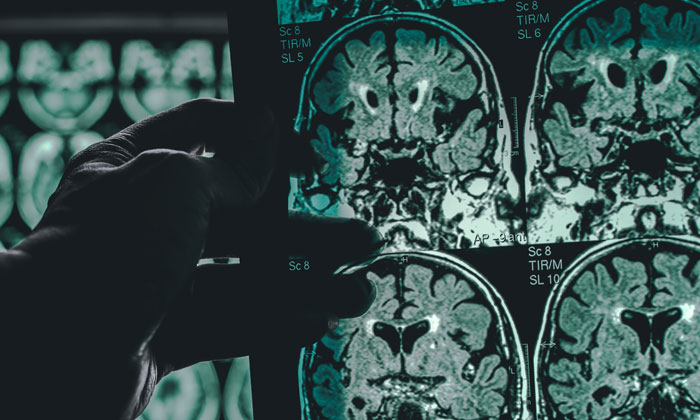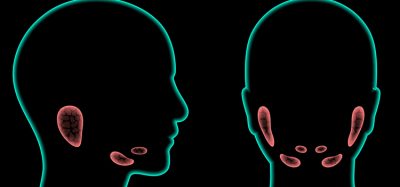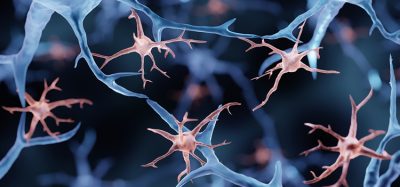Study indicates holistic nature of Alzheimer’s disease (AD) progression
Posted: 7 February 2018 | Drug Target Review | No comments yet
A collaboration of scientists in the United States has identified a distinct association between inflammation biomarkers in blood plasma and cerebrospinal fluid (CSF), and markers of Alzheimer’s disease (AD).


This strengthens prior knowledge regarding the effect of inflammation in the disease progression of Alheimer’s disease (AD), but also indicates for the first time that the periphery has stronger links to the brain – in this case, Alzheimer’s disease pathology – than previously believed.
Scientists have long known that AD-related pathology initiates prior to the onset of clinical symptoms, and that inflammation is a core component of the disease. Previous studies have linked levels of inflammatory markers in CSF and blood to Mild Cognitive Impairment (MCI), and research shows that elevations in inflammatory markers may be present decades before any AD symptoms appear.
Making the marker link
However, whether markers of inflammation in the blood (i.e., ‘peripheral’ inflammation) were related to known measures of AD-related pathology – even after accounting for CSF levels of inflammation (i.e., ‘central’ inflammation) – remained unclear. Researchers also wanted to know whether markers of inflammation in blood plasma reflected inflammation of the central nervous system.
Commenting on their aims for clarity, Brianne Bettcher, PhD, assistant professor of neurosurgery and neurology at the University of Colorado School of Medicine, said: “One of the two primary goals of our study was to assess the association between inflammatory markers in CSF and plasma to clarify how well plasma inflammatory markers reflect central nervous system inflammation” .
“Even more importantly, we were interested in determining whether inflammatory markers in plasma were independently linked to CSF markers of AD-related pathology and neuronal damage in a group of healthy, community dwelling older adults.”
AD study yields unexpected results
Her team tested blood and CSF samples from 173 middle-aged and older adults enrolled at the Wisconsin Alzheimer’s Disease Research Center. Participants were healthy adults in that they had no clinical symptoms of Alzheimer’s disease, although some had family histories of dementia presumed due to AD.
The scientists had expected inflammation markers in the CSF to be more robust predictors of AD-related pathology and neuronal damage than those in the blood, due to the `blood brain barrier.’
“Results from our study suggest that although CSF markers of inflammation are strong predictors, both plasma and CSF markers of inflammation independently relay information about AD-related pathology and neuronal damage in head-to-head comparisons,” Bettcher said.
This finding was unexpected. “From my perspective, there has been a perception in the field that the blood and the ‘periphery’ are not related to the brain – that the brain and the rest of the body are completely separate,” Bettcher continued.
“I think increasing evidence suggests that the brain and body communicate. Our study shows that inflammation markers in the blood may be telling us about what is going on inside the brain.”
Recent animal studies have shown a strong relationship between elevated inflammation and the propagation of tau proteins, which are associated with AD.
Mounting evidence
Bettcher said the new findings could possibly serve as the focus of more in-depth studies aimed at developing a blood test to detect inflammation biomarkers years before symptoms of Alzheimer’s appear.
She says the study also indicates the potentially early role that inflammation plays in ageing and AD. However, Bettcher emphasised that although participants had detectable levels of AD-related markers and markers of neuronal damage in their CSF, the presence of these markers alone does not indicate a diagnosis of AD, nor does it mean that they will develop AD in the future.
“These findings add to a growing body of literature underscoring an increasingly important relationship between systemic inflammation, central inflammation, and pathological outcomes,” she said.
It also has wider implications for the holistic nature of disease pathology and the functioning of the human body as a whole.
Related topics
Biomarkers, Disease Research, Neurosciences
Related conditions
Alzheimer’s disease
Related organisations
University of Colorado School of Medicine, Wisconsin Alzheimer's Disease Research Center
Related people
Brianne Bettcher PhD








